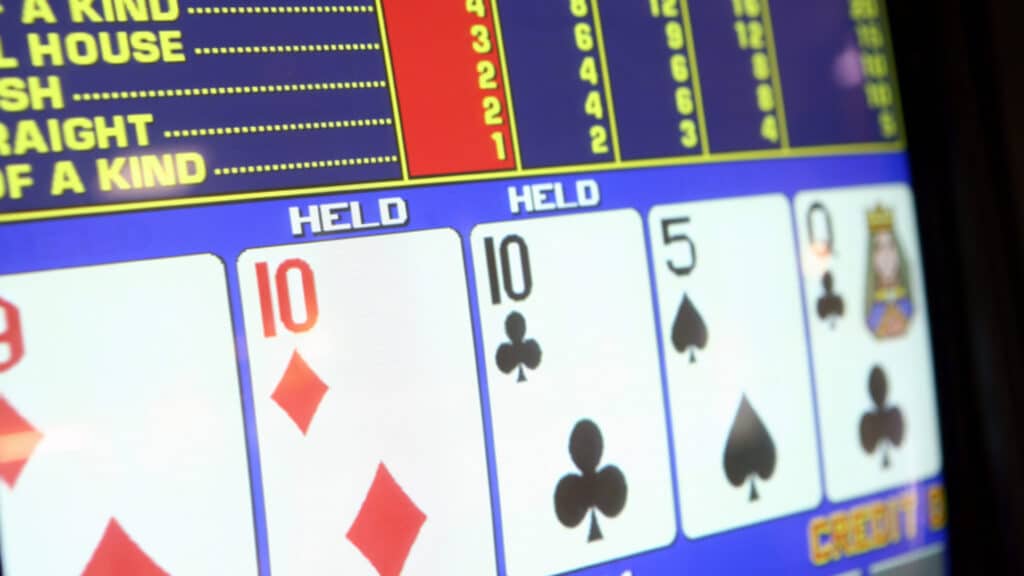One of the most critical aspects of becoming a successful casino player is learning how to manage your bankroll effectively. Whether you're a seasoned gambler or a newcomer, understanding the principles of bankroll management is essential to enjoying a longer, more rewarding gaming experience. In this comprehensive guide, we’ll break down the best strategies to help you manage your funds like a pro, maximize your chances of success, and minimize the risk of going broke. Let’s dive in!
What Is Bankroll Management and Why Is It Important?
Bankroll management refers to the process of managing your funds when gambling, ensuring that you allocate your money wisely across different bets and gaming sessions. Without proper bankroll management, you risk losing all your money too quickly, even if you're on a winning streak. Think of it as the foundation of a successful gambling strategy.
Effective bankroll management helps you:
- Extend your playing time and enjoyment.
- Avoid impulsive decisions that can lead to major losses.
- Maintain a healthier gambling experience by reducing stress and frustration.
- Manage wins and losses strategically for more consistent returns.
1. Setting Your Budget: The First Step to Success
The first step in bankroll management is setting a clear and realistic budget. This is the amount of money you're willing to risk for a particular gambling session or time period. Without setting a budget, it’s easy to lose track of your spending, and before you know it, you’ve spent far more than you intended.
How Much Should You Set Aside for Gambling?
The general rule of thumb is to only gamble with money that you can afford to lose. This is important because gambling should be viewed as entertainment, not a way to make money. Your budget will depend on your income, financial situation, and how often you play. Here are a few pointers:
- Beginner Players: If you're new to gambling, start with a modest budget. Set aside an amount you’re comfortable losing over a series of sessions, perhaps 1-2% of your monthly income.
- More Experienced Players: Experienced players tend to set a larger budget, but they still stick to strict limits for each session to prevent excessive losses. This might be a percentage of your overall bankroll for each betting session.
Example: Budgeting for a Week of Gambling
Let's say you’re comfortable spending $500 per month on gambling. If you play three times a week, then your weekly budget will be approximately $125. Setting such limits helps you control the amount you're willing to lose during a week, making sure you're never in danger of depleting your entire bankroll.
2. Define Your Session Limits: Know When to Walk Away
Knowing when to stop playing is just as crucial as knowing when to start. While gambling can be thrilling, it's essential to set time limits and session limits to avoid falling into the trap of chasing losses. When you reach your session limit, it’s time to walk away, regardless of whether you’re ahead or behind.
Set a Loss Limit
A loss limit is the amount of money you’re willing to lose in a single gambling session. Once you hit that amount, stop playing. Setting a loss limit helps you avoid the temptation to “chase” losses by placing larger bets in an attempt to win back lost money, which can lead to even more significant losses.
For instance, if your session budget is $125 and you’ve lost $50, it may be time to stop playing and walk away. If you win back $30, you could either keep playing or decide to quit early, locking in your winnings. The key is to stick to your predefined limits to avoid impulsive decisions.
Set a Win Limit
Just as important as a loss limit is a win limit. When you reach a certain level of winnings, consider stopping and securing your profits. Setting a win limit ensures that you don’t get too greedy and end up losing your gains in an attempt to increase your winnings.
For example, if you’re up by $200 and your win limit is $250, take a break once you’ve reached your target. By locking in profits, you reduce the risk of returning to a losing streak.
3. Bet Sizing: How to Choose the Right Bet Size for Your Bankroll
One of the most significant factors in bankroll management is choosing the right bet size. Betting too large can deplete your bankroll quickly, while betting too small might not provide enough excitement or returns. Betting responsibly means selecting a bet size that aligns with your bankroll and goals.
Choosing a Bet Size Based on Your Bankroll
A common rule for beginners is the “1-2% Rule,” which states that your maximum bet should be between 1% to 2% of your total bankroll per session. This strategy helps you mitigate the risks of large losses, allowing you to keep playing for longer.
Example: If your bankroll is $500, a 1% bet would be $5. If you’re playing slots, blackjack, or roulette, this means your bets will be small but manageable over the long term.
Adjusting Your Bet Size Based on Performance
As you play, it’s essential to adjust your bet size based on your wins or losses. If you're on a losing streak, reduce your bet size to conserve your bankroll. Conversely, if you're winning and feel confident, you might increase your bet size slightly, but still avoid taking on too much risk. This flexible approach helps you manage your bankroll based on real-time conditions, ensuring you don’t go too far out of your comfort zone.
4. Use Casino Bonuses to Your Advantage
Many online casinos offer promotions, bonuses, and free spins to attract new players and reward loyal customers. Using these bonuses wisely can help you extend your gameplay without risking additional funds. But it's important to understand the terms and conditions before taking advantage of any offers.
Types of Casino Bonuses
- Welcome Bonuses: These are often matched deposit bonuses, where the casino matches your deposit up to a certain amount. For example, a 100% match bonus on a $200 deposit would give you $400 to play with.
- No Deposit Bonuses: Some casinos offer free bonuses just for signing up. These are a great way to start playing without using your own money, but they often come with wagering requirements.
- Free Spins: Free spins are a popular bonus feature, especially for slot players. They allow you to spin the reels without wagering your own money, giving you the chance to win real cash without risking your bankroll.
Maximizing Bonuses for Bankroll Growth
Using bonuses strategically is a great way to protect your bankroll. Be sure to check the terms and conditions for wagering requirements before accepting a bonus. Some bonuses require you to wager the bonus amount a certain number of times before withdrawing any winnings, so it’s important to account for these factors when planning your gambling session.
5. Keep Track of Your Bankroll and Performance
To effectively manage your bankroll, it’s crucial to keep track of your expenses, winnings, and losses over time. Keeping detailed records will help you assess your performance and refine your gambling strategy for future sessions.
Use a Bankroll Management Spreadsheet
One effective way to track your bankroll is by using a simple spreadsheet. You can input your initial bankroll, the amount you wager, your winnings, and your remaining balance after each session. Over time, this will help you identify patterns in your gambling behavior and adjust your strategy as needed.
Review Your Performance Regularly
Taking the time to review your performance periodically will help you see how your betting strategies are working. If you’re consistently losing, it might be time to revisit your bet sizing or session limits. Conversely, if you’re winning, consider whether you can increase your bet size gradually without putting your bankroll at risk.
6. Know When to Take a Break
Finally, one of the most important aspects of managing your bankroll is knowing when to take a break. If you’re feeling emotional, stressed, or frustrated, it’s better to step away from the game than to keep playing with a compromised mindset. This is especially true if you’re on a losing streak or trying to recoup previous losses.
Taking a break allows you to reset and come back to the game with a clearer head, increasing your chances of making better decisions and managing your bankroll more effectively.
Conclusion: Mastering Bankroll Management for Success
Effective bankroll management is an essential skill for any casino player, whether you’re just starting out or have been playing for years. By setting a budget, defining limits, choosing appropriate bet sizes, and utilizing casino bonuses, you can enjoy a more sustainable and rewarding gambling experience. Always remember to track your performance, adjust your strategy when necessary, and take breaks to maintain a healthy approach to gambling. With these tips, you can manage your bankroll like a pro and maximize your chances of success in the casino.



